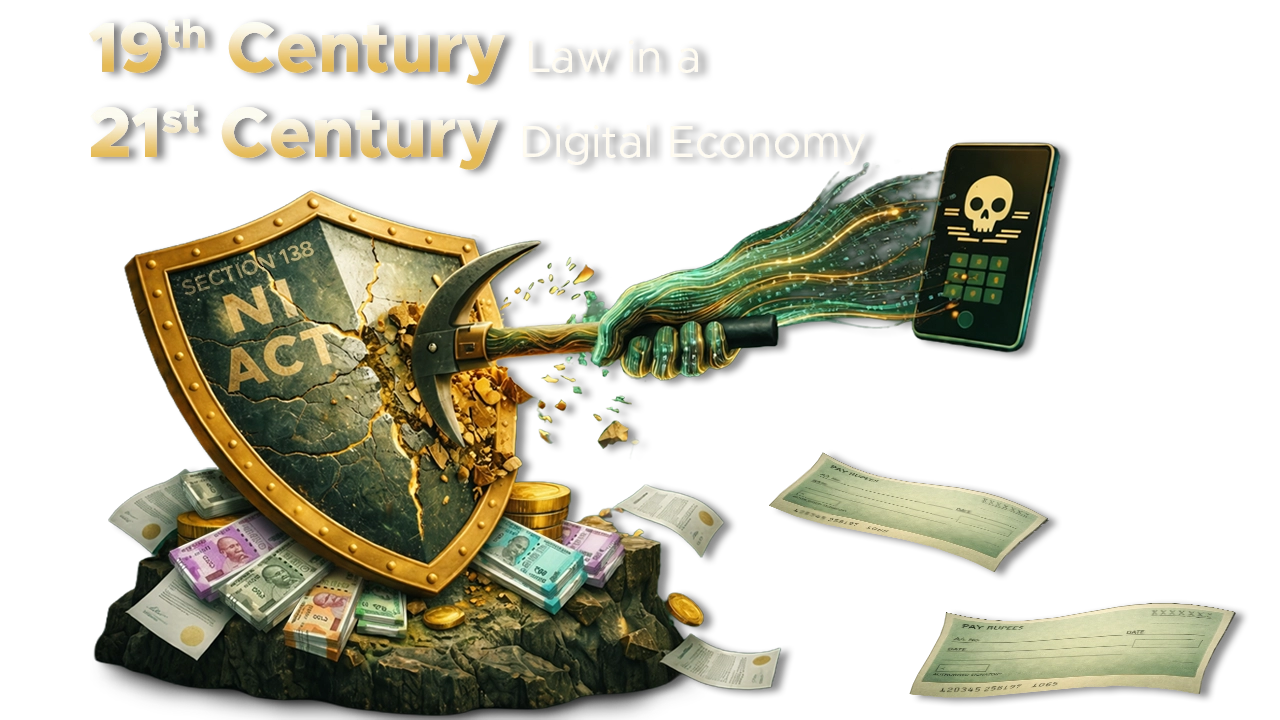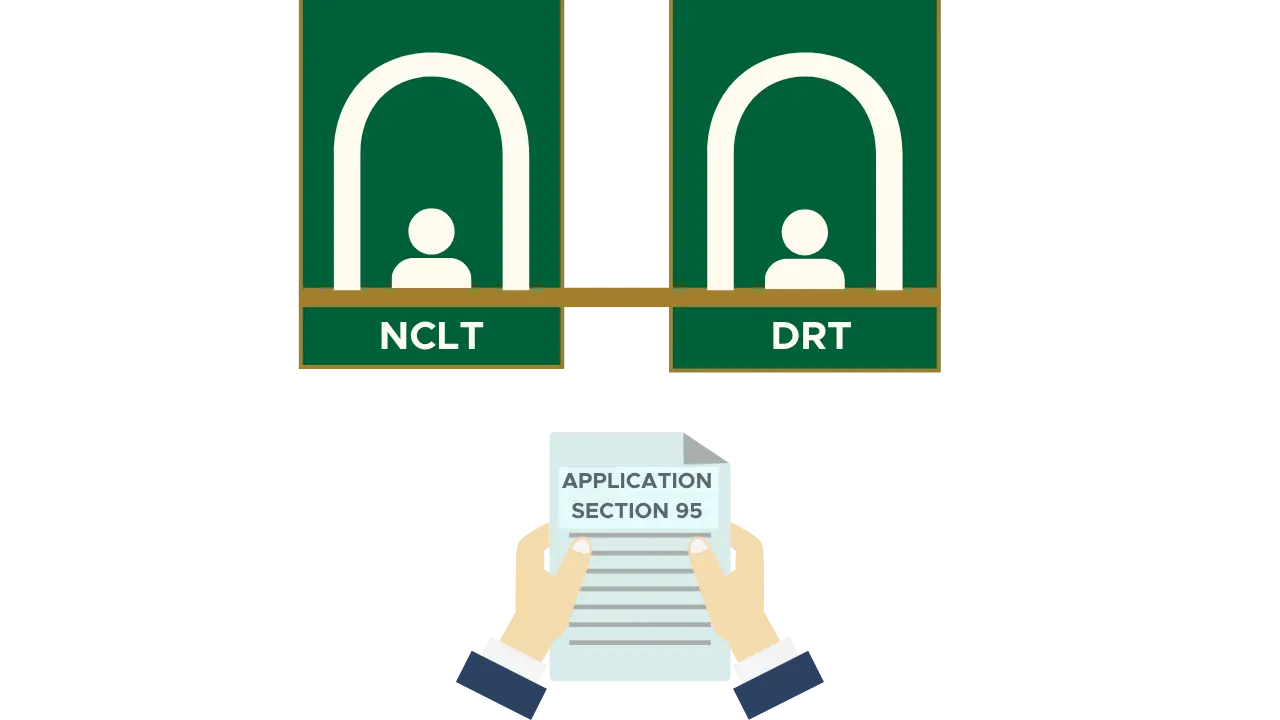In the bustling courtrooms of Indian commerce, a familiar David-and-Goliath story is unfolding. This time, the global food titan McDonald’s, a purveyor of golden arches and ubiquitous brand names, is locked in a legal struggle with a local Ahmedabad entrepreneur. The core of their dispute is not a burger recipe or a logo, but a mere two-letter prefix: ‘Mc‘ This showdown forces a fundamental re-evaluation of trademark law, asking whether a powerful corporation can truly claim a monopoly over a syllable, or if the spirit of fair competition must prevail.
Understanding Trademarks and the “Family of Marks”
A trademark serves as a brand identifier, distinguishing a company’s goods or services from competitors. Its primary purpose is to prevent consumer confusion and protect a company’s brand integrity. The concept of a “family of marks” is a non-statutory principle recognised by Indian courts. It refers to a series of trademarks that share a common, distinctive component, leading consumers to associate them all with a single source. This strategy, exemplified by the Tata Group’s use of “Tata” across its various businesses, helps establish a cohesive brand identity and simplifies consumer navigation through diverse product landscapes.
The issue arises when corporations become overly possessive of this common element. They fear that even a non-infringing mark, by incorporating the prefix “Mc,” could confuse consumers into associating it with the McDonald’s corporation, thereby weakening their brand. This raises a fundamental question about the reasonableness of a single entity claiming exclusivity over: a) a generic term, b) a term that constitutes a minor part of its registered trademark, and c) industries in which it has no commercial presence. McDonald’s has a long history of opposing trademark applications, claiming exclusivity over the “Mc” prefix. This practice, while stemming from a desire to protect its brand, has increasingly been perceived as an anti-competitive tool. The “family of marks” principle, intended to streamline brand protection, has been used as a strategy to block market entry for small businesses.
Erosion of Fair Competition
The aggressive enforcement of trademark rights, particularly through the “family of marks” doctrine, can stifle healthy competition. This is further compounded by the use of “series marks” under Section 15 of the Trademarks Act, 1999. While this provision reduces registration costs, it also enables a proprietor to protect a series of marks by using only one of them. As series marks are considered “associated marks,” using a single mark protects the entire series from non-use cancellation. This practice can be anti-competitive, as it allows a company to hoard trademarks without commercialising them, thereby barring others from using those names. This defeats the very purpose of non-use cancellation, which is to prevent trademark hoarding and ensure active market participation.
Judicial Stance: Legal Precedents and Comparative Insights
Courts across jurisdictions have adopted varied responses to McDonald’s attempts to protect its “Mc” prefix. In some cases, a high level of brand recognition has led courts to rule in favor of McDonald’s, assuming potential consumer confusion even in unrelated sectors, as seen in the Quality Inns International, Inc. V. Mcdonald’s Corporation1. Conversely, in jurisdictions like Malaysia and Singapore, courts have limited McDonald’s rights to the fast-food industry, allowing businesses like McCurry, MacChocolate, and MacNoodles to operate.
In India, the Karnataka High Court’s ruling in the Sterling Mac Fast Food vs Mc Donald Corporation2 is a significant precedent. The court allowed the restaurant to continue using “MAC,” noting that it was a bona fide reference to the founder’s son and that “MAC” and “Mc” are common words in India. This stance is supported by the Delhi High Court’s decision in the Amar Singh Chawal Wala vs Shree Vardhman Rice & Genl. Mills3, which cited McCarthy on Trademark, stating that the “family of marks” argument often seeks protection for an “ordinary and undistinguished syllable.”
Further judicial precedents reinforce this nuanced approach:
Cadila Healthcare Ltd. v. Cadila Pharmaceuticals Ltd4: The Supreme Court emphasized the critical importance of consumer confusion, particularly in pharmaceuticals, where a higher degree of scrutiny is required due to the risk to public health.
Starbucks Corporation v. Sardarbuksh Coffee & Co5.: The Delhi High Court ruled that even partial similarities, when coupled with similar trade channels, can mislead consumers. However, it facilitated a settlement, allowing Sardarbuksh to continue its business with a name modification to “Sardarji Bakhsh Coffee & Co.,” balancing brand protection with a local business’s right to operate.
Infosys Technologies Ltd. v. Jupiter Infosys Ltd6.: The court held that a trademark’s similarity must be assessed holistically, considering the total impact of the mark, rather than focusing on its individual components like a prefix.
These decisions collectively show that courts consider consumer perception, trade channels, visual distinctiveness, and intent when determining infringement.
A Balanced Approach: Protection vs. Competition
The judicial approach in cases like Sterling’s Mac Fast Food (Supra) and Modi-Mundipharma7 reinforces that trademark protection should not be extended to prefixes and suffixes in isolation. Granting such exclusivity risks creating monopolies over generic words, undermining linguistic freedom and fair competition. While it is reasonable to protect a distinctive or coined word in its entirety, extending the same protection to generic partial elements is problematic.
In the McPatel case, for instance, granting protection over the “Mc” prefix would be unreasonable. “Mc” and “Mac” are common words, and “Patel” is a widely used family and business name, bringing the case under Section 35 of the Trade Marks Act, 1999, which protects the use of one’s own name in business. The lack of similarity in trade dress, logo, or font style further suggests that consumer confusion is unlikely.
The legal battles fought by McDonald’s demonstrate how such enforcement can hinder market participation. Courts must strike a balance, protecting genuine trademarks while acknowledging that modern consumers are not easily misled. A more flexible approach may be suitable for industries like food and retail, while a stricter stance is necessary for critical sectors like pharmaceuticals to prevent medication mix-ups. Ultimately, by considering consumer literacy, industry context, and actual harm, courts can move beyond blanket protection and foster a healthy balance between brand protection and fair competition.
Conclusion
The ongoing legal disputes surrounding the “Mc” prefix highlight the need for a nuanced interpretation of trademark law. The “family of marks” doctrine, while useful, should not be weaponized to create monopolies over common syllables. Judicial precedents from cases like Modi-Mundipharma, Cadila Healthcare, and Starbucks v. Sardarbuksh provide a clear framework for a balanced approach. By carefully weighing the likelihood of consumer confusion, the nature of the goods, and the overall context of the dispute, courts can protect legitimate brand rights without unfairly stifling new market entrants. This measured approach ensures the integrity of the trademark system and promotes a competitive business environment.
Citations
- Quality Inns International, Inc. V. Mcdonald’s Corporation 695 F. Supp. 198 (D. Md. 1988)
- Sterling Mac Fast Food vs Mc Donald Corporation ILR2004KAR2893
- Amar Singh Chawal Wala vs Shree Vardhman Rice & Genl. Mills FAO (O) No. 138 of 1996 & C.M.No. 842 of 2001
- Cadila Healthcare Ltd. v. Cadila Pharmaceuticals Ltd AIR 2001 SUPREME COURT 1952
- Starbucks Corporation v. Sardarbuksh Coffee & Co. CS (COMM) 1007/2018
- Infosys Technologies Ltd. v. Jupiter Infosys Ltd. Civil Appeal Nos. 5743-5745 Of 2005
- Modi-Mundipharma AIRONLINE 2018 DEL 1739
Expositor(s): Adv. Archana Shukla






